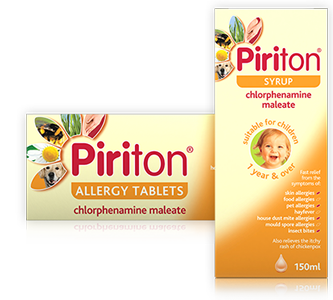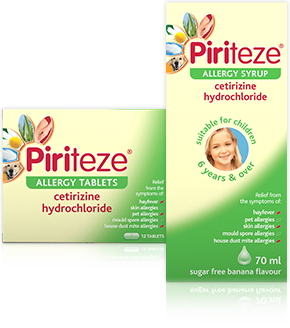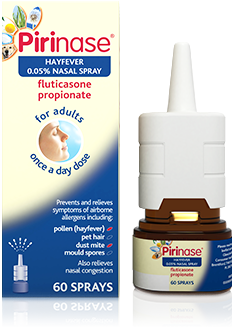Healthy holidays
We've already looked at how you can stay safe in the sun this summer, but what else should you consider before jetting off on holidays this summer? Before you rush off to pack your suitcases, we look at the most important things you need to ensure that you enjoy a safe and healthy holiday; here's our guide to travel health.
Travel insurance
If you're going abroad, then travel insurance is an essential. The chances are that your holiday will go without a hitch, but knowing that you're covered incase of an emergency will ensure you can relax and enjoy your holiday. There's many different types of travel insurance from single trip to annual policies, and they all come with different price tags. It's important that you consider what's essential to your peace of mind and find the right policy. The Travel Insurance Guide will help you to understand what you need and give you a thorough breakdown of all the policies available.
SPF

Our full guide to sun protection will give you a comprehensive breakdown of the sun protection facts that you need to know. When it comes to SPF, you should be wearing an SPF of at least 15 that should have been applied 30 minutes before going outside. It's also recommended that you avoid the sun when the UV rays are at their highest between the hours of 11-3. Finally, remember to reapply your sun protection every 2 hours, or more often if you've been doing some laps in the pool! If the worst does happen and you burn, then apply an after-sun lotion to cool and soothe the burn. If the skin blisters, then you should seek medical attention.
Insect repellent
One of the few downsides to spending the summer in a hot climate is the mosquitoes. Sadly, there's no avoiding these little bloodsuckers as they can bite between dusk and dawn and are naturally attracted to body heat and odors.
If you're visiting a hot climate, then you'll need mosquito repellent. Studies prove that products containing DEET will be the most effective way to keep the mosquitoes at bay. DEET products are safe when used correctly and are available in many different forms including sprays, sticks and creams.
First aid
Whether the kids have had a minor trip by the pool, or you've had a slip after one too many sangrias, it's always a good idea to have some plasters and antiseptics on hand to treat minor cuts and scrapes. Your first aid travel kit should include: antiseptic, plasters, band aids, painkillers and tweezers.
It's also a good idea to pack some anti-diarrhea tablets such as loperamide. The water in foreign countries can irritate the gut. Whilst most people know not to drink the tap water when on holidays, many people forget that salads and foods can be washed in tap water in restaurants, and this can cause a mild stomach irritation. As the saying goes - better safe than sorry!
Antihistamines



We've previously written about how antihistamines can help with hay fever symptoms, but they can also be used to treat the symptoms of other allergies and insect bites. When your body is faced with a perceived threat, such as an insect bite, your immune system creates a substance called histamine. This substance is usually helpful in protecting your body against infection, but in terms of an insect bite, it is necessary to block the effects of histamine. Antihistamines works by stopping histamine affecting your body's cells in the usual way. It'll definitely be worth adding some to your travel first aid kit!
Vaccinations
Depending on where you're going, you might need some vaccinations before you travel. Vaccinations can protect you from travel-related infections including typhoid, yellow fever and hepatitis A. Your GP will be able to tell you if any existing vaccinations are up to date and if you require any further travel vaccinations for the place that you're visiting. It's worth noting that not all travel vaccinations are free, some will incur additional costs.
Jet lag
When you reach your tropical destination of choice, you want to enjoy yourself from the offset, so ensure you take steps to minimise the effects of jet lag. As soon as you board the plane, set your watch to the time of your destination and try to eat meals and sleep in accordance to this time.
Remember to do the same on your return journey too - overcoming the holiday blues can be difficult enough, let alone when you have jet lag!
If you're venturing further off the beaten track this year and want more in depth advice about the climate you're visiting then speak to a pharmacist. Wherever you're jetting off to this summer, have a happy and healthy holiday!